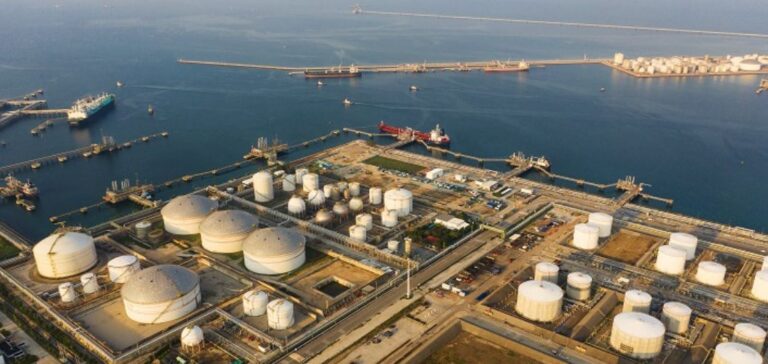Egypt recently announced the opening of an international tender for the import of 740,000 tonnes of petroleum products, an initiative designed to meet the country’s growing energy demand.
This decision is aimed at ensuring a stable supply of fuel during peak consumption periods, particularly in summer.
Responding to Growing Energy Demand
Egypt’s energy demand has risen considerably in recent years, partly due to economic and population growth.
To meet this demand, the government has decided to import 400,000 tons of diesel, 170,000 tons of gasoline and 170,000 tons of butane for delivery in August.
Egypt consumes around 12 million tonnes of diesel and 6.7 million tonnes of petrol annually.
This massive import is therefore a crucial measure to maintain the balance between supply and demand, especially during periods of high summer consumption.
Impact of Prices and Purchasing Strategies
Imported fuel prices have risen significantly this year. According to sources close to the matter, the price of imported gasoline climbed 90% in the first five months of the year, a rise attributed to increased summer demand and geopolitical factors.
To manage this situation, the Egyptian government is considering more diversified purchasing strategies and securing long-term contracts with international suppliers.
These measures should help stabilize prices and ensure uninterrupted supplies, thus reducing the risk of shortages.
Strengthening local refining capacity
Alongside these imports, Egypt is also investing in strengthening its local refining capacity.
The country plans to modernize several of its refineries in order to increase domestic production of petroleum products.
Once completed, these projects should reduce dependence on imports and strengthen national energy security.
Future prospects and challenges
While this initiative is an immediate response to current needs, it raises questions about the long-term sustainability of import dependency.
The Egyptian government is exploring alternative solutions, such as the development of renewable energy sources, to diversify its energy mix and reduce the economic impact of fluctuating fossil fuel prices.
Egypt is therefore at a strategic crossroads where current decisions will have a significant impact on its energy future.
A combination of targeted imports, infrastructure modernization and exploration of new energy sources could enable the country to navigate this changing energy landscape more effectively.
The tender to import petroleum products represents an essential measure to meet Egypt’s immediate fuel needs.
However, long-term success will depend on the country’s ability to diversify its energy sources and improve its local infrastructure.






















